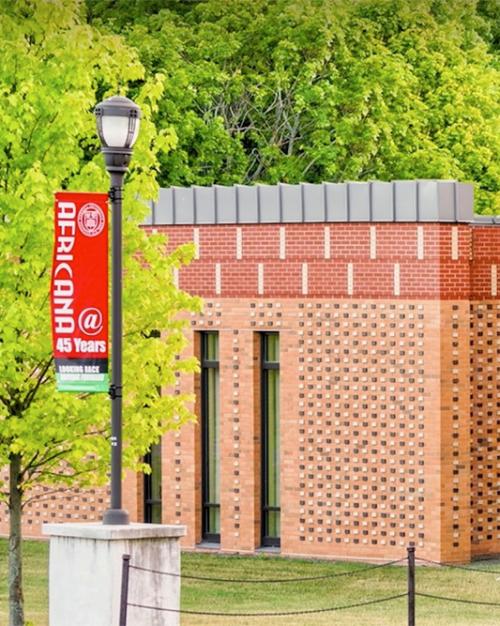Q: Juneteenth commemorates the date in 1865 when Union soldiers delivered news to Galveston, Texas, that the war was over and enslaved people were free. Why was Texas the last state in the Confederacy to get this news?
Professor Washington: Well, it was the last state geographically in the Confederacy. It was the end of the line as far as the Confederate forces were concerned. The real focus was always on the army of northern Virginia. And when [Robert E.] Lee surrendered April 9, in 1865, he surrendered the army of Northern Virginia. And they tried to make it clear to everybody, all the other generals in the outlying areas — because, you know, there were, I think, eleven Confederate states — that the war was over.
But everybody didn't get that message. It took so long. But it wasn't only Texas. Northern Louisiana also didn't find out until I think late May and parts of Alabama. But Galveston, Texas, was the end of the road.
Q: When was the first observance of Juneteenth as a celebration or commemoration in the country?
Professor Washington: Oh, we don't know.... It was mostly a regional celebration as people migrated from the Gulf States. Then they took it with them. The big surge of commemoration came in the late '60s and early '70s. That's when people began to claim it as a national commemoration for emancipation.
Because the fact of the matter is African Americans were emancipated at different times during the Civil War. So there is no specific date of emancipation.
The people in Galveston, the people in Texas, those people were free as of January 1, 1863, when the Emancipation Proclamation was signed. And that's one of the bizarre aspects of it. They were free for almost two years before they knew.
Read the entire article in www.northcountrypublicradio.org





